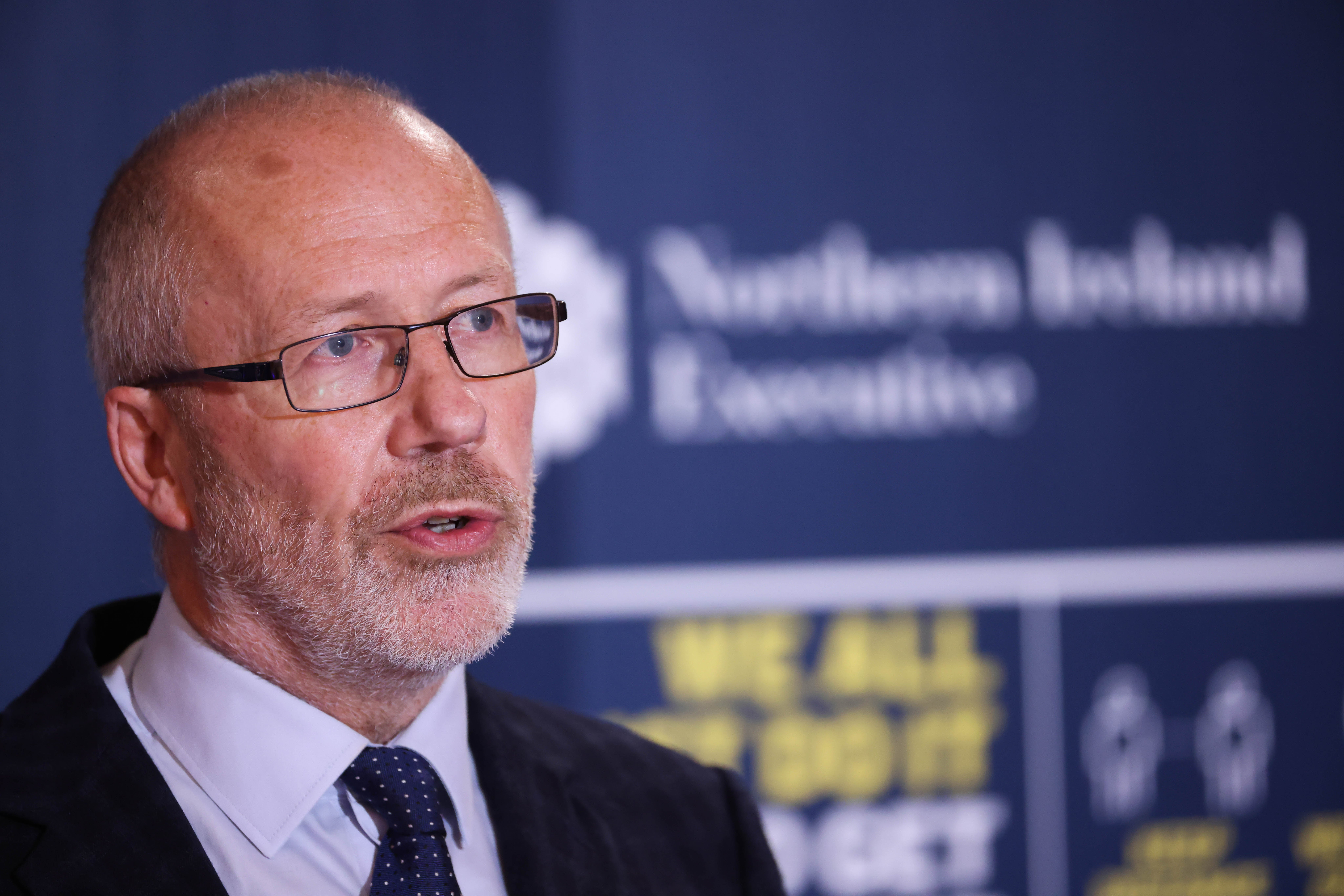‘Substantial number’ of children likely to get Covid as schools return
Chief scientific adviser Professor Ian Young also said the spread of Omicron was surpassing testing capacity.

Your support helps us to tell the story
From reproductive rights to climate change to Big Tech, The Independent is on the ground when the story is developing. Whether it's investigating the financials of Elon Musk's pro-Trump PAC or producing our latest documentary, 'The A Word', which shines a light on the American women fighting for reproductive rights, we know how important it is to parse out the facts from the messaging.
At such a critical moment in US history, we need reporters on the ground. Your donation allows us to keep sending journalists to speak to both sides of the story.
The Independent is trusted by Americans across the entire political spectrum. And unlike many other quality news outlets, we choose not to lock Americans out of our reporting and analysis with paywalls. We believe quality journalism should be available to everyone, paid for by those who can afford it.
Your support makes all the difference.A “substantial number” of children are likely to contract Covid-19 as pupils return to school in Northern Ireland the chief scientific adviser has said.
Professor Ian Young also told MLAs that current daily Covid figures are no longer a reliable indicator of the rapid spread of Omicron as the prevalence of the virus is now surpassing testing capacity.
Prof Young was giving evidence to the Stormont Health Committee alongside chief medical officer Sir Michael McBride and Health Minister Robin Swann.
It would be a major surprise if following the return of schools we don’t see substantial numbers of cases in schoolchildren
SDLP committee member Colin McGrath asked about the likely impact on infection numbers caused by the return of pupils to schools following the Christmas break.
Prof Young said: “Prior to Christmas, the largest number of cases were in under-18s.
“Once schools broke we have seen substantial increases, particularly in 18-30s, but also all other ages with the exception of under-18s, where case numbers, with schools off, remained relatively stable.
“So, it would be a major surprise if following the return of schools we don’t see substantial numbers of cases in schoolchildren.
“Generally, it will be a relatively mild illness, with a small number of exceptions, but the rate of household transmission is very high with Omicron.
“Once a child becomes infected and is at home, there is a high risk of transmission to parents.
“I have no doubt that the return of schools will produce an upward pressure in terms of cases.”
Professor Young also gave an update to the committee on the rapid spread of the Omicron variant.
He said: “Case numbers are no longer a reliable indicator of progression of the epidemic in the community because we have reached a ceiling in terms of our capacity to detect cases, as has the rest of the UK and Ireland.
“The modelling suggested we would probably end up with in the order of 25,000 cases or so per day of the virus at peak. That is more than the tests which are available to us in terms of PCR.
“What happens to case numbers in the next week or two needs to be interpreted in that way.
“I expect that the number of cases of this virus will peak in the next couple of weeks and then should begin to decline after that.
“Hospital pressures will not peak until some time later.”
Dr McBride was asked to predict how society would deal with Covid in the future.
He told MLAs: “There will always be new variants of the Sars-Cov-2 virus. This is a virus which is here to stay.
“What we will increasingly see is a transition from the pandemic stage, which we are living through now, to a stage where this virus is endemic and circulating.
“But the virus is here to stay and is going nowhere.”